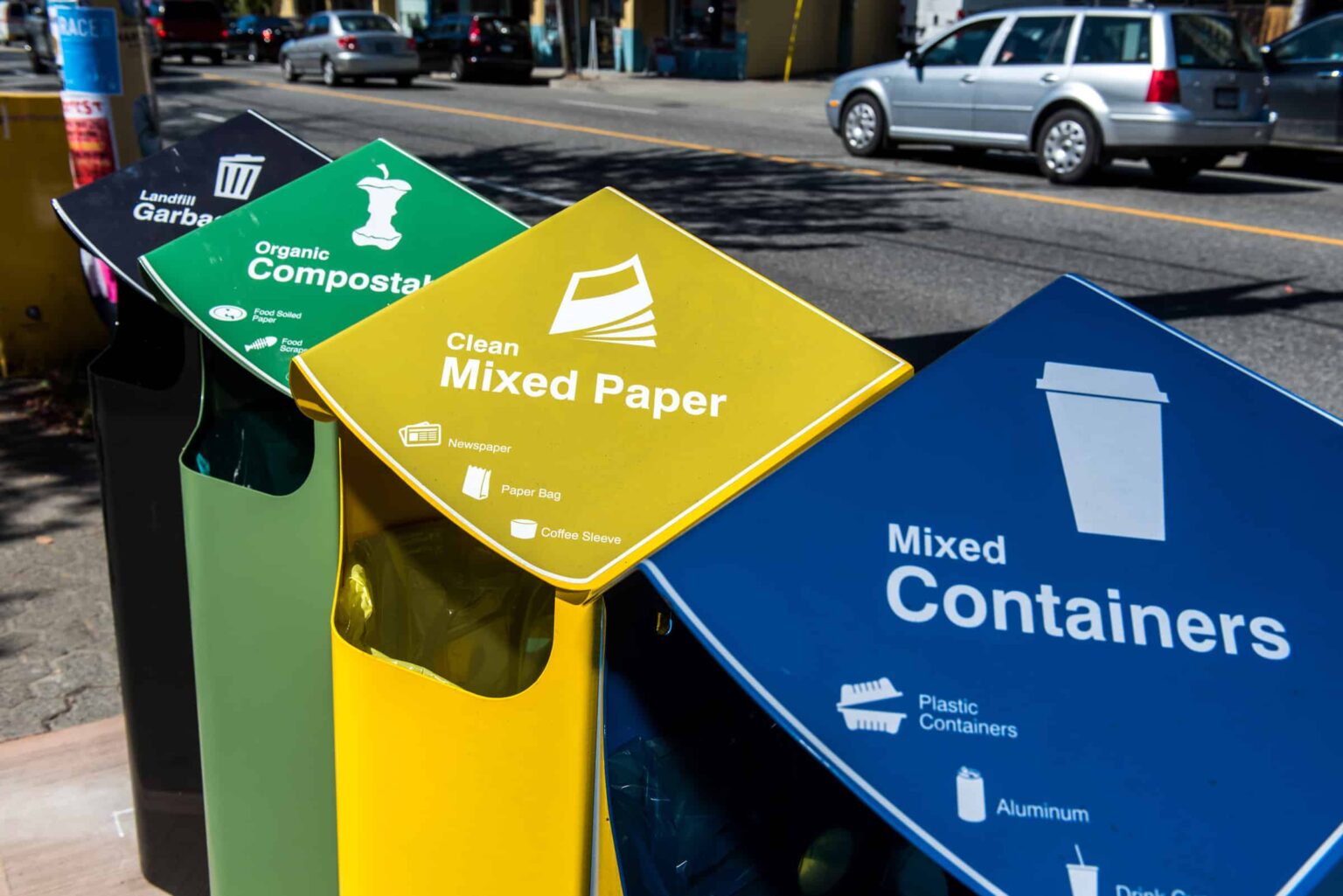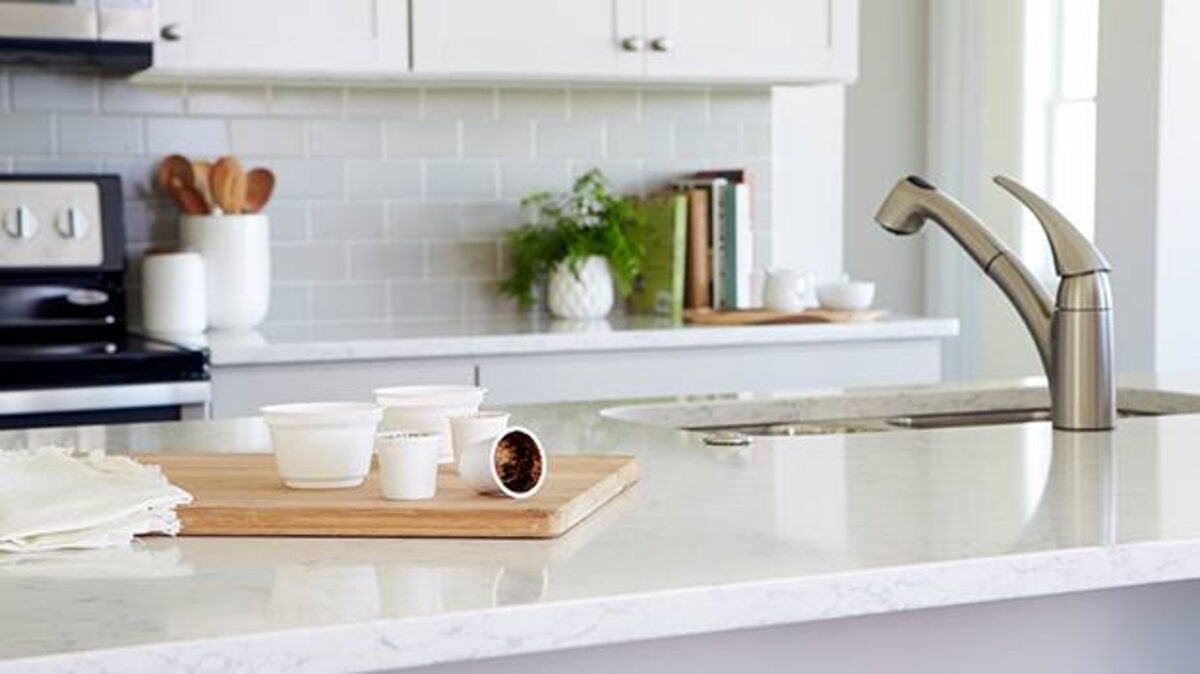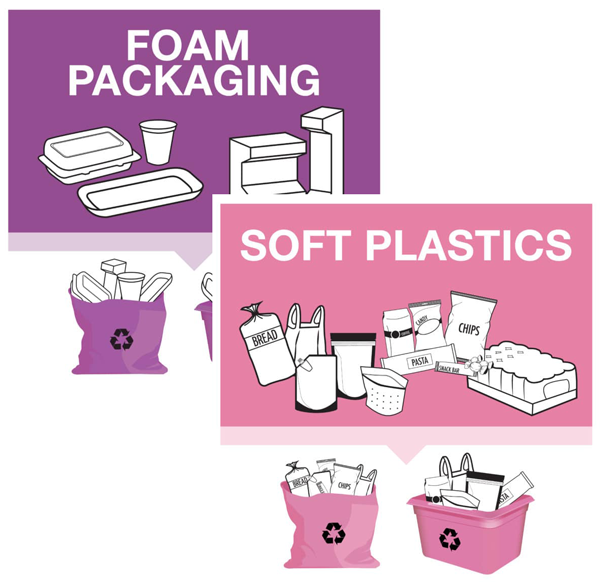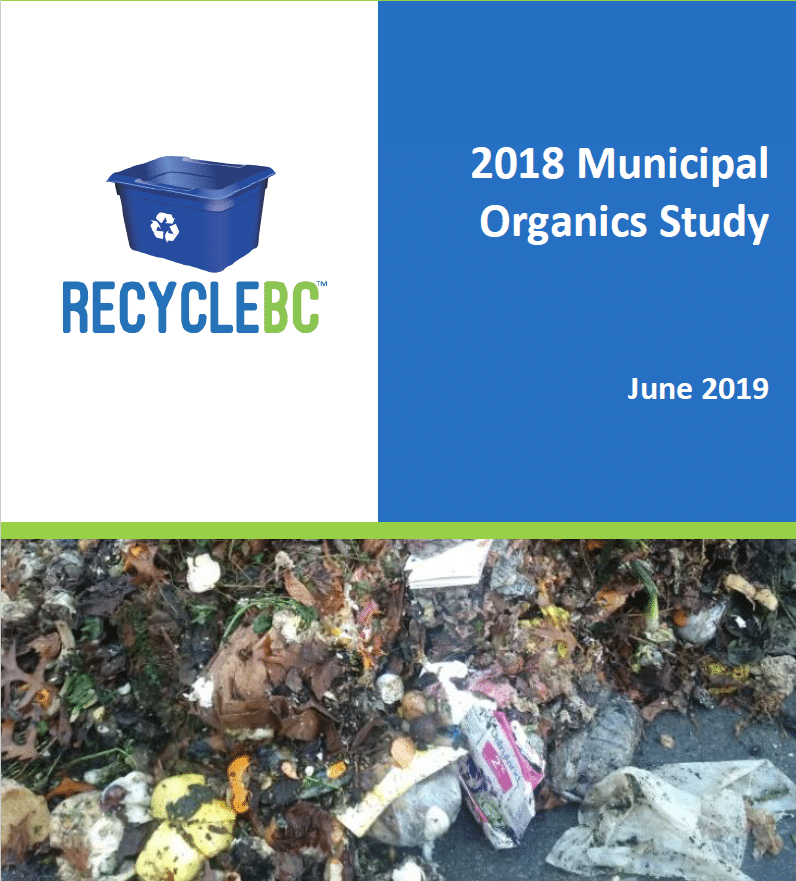
The original Program Plan, approved by the Ministry in 2013, and again in 2016, confirmed Recycle BC would offer a financial incentive to local governments subject to proof of concept through testing effective delivery of streetscape collection systems.
We worked with Keurig to help explore the potential to recover even more small-format plastics. In 2016, Keurig committed to increasing the recyclability of their K-Cup® pods. The coffee company set a goal of converting to 100% recyclable materials by 2020.


On November 15, 2021, Recycle BC began a 6-month recycling collection pilot project to collect soft plastics and foam packaging from selected households in West Vancouver.
This project aimed to explore the feasibility of collecting flexible plastics and foam packaging (previously only accepted for drop off at depots) from homes using two collection boxes or bags.
From May – July 2018, Recycle BC, in partnership with More Recycling and leading manufacturers, conducted a Plastic Squeeze Tubes Consumer Outreach Pilot Study in the City of Coquitlam. Plastic squeeze tubes are currently not accepted in blue box recycling in BC. In order for product packaging or other materials to be accepted in a recycling program, it is important that they are compatible with recycling systems so that they can be collected and processed back into a new product.


Recycle BC’s Program Plan outlines its commitment to better understand what and how much packaging and paper is being collected in municipal residential source-separated organics systems. Recycle BC worked to determine how much paper and packaging enters into the residential source-separated organics collection system.
Recycle BC began collecting a new material category as part of a research and development (R&D) project: Other Flexible Plastic Packaging (OFPP). The key objective of the R&D project was to determine how Recycle BC can best manage and recycle this complex plastic packaging.


